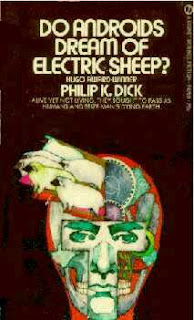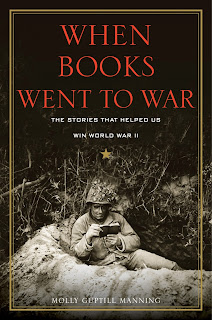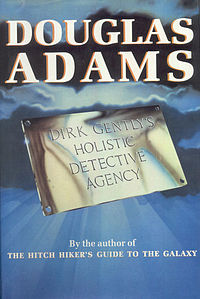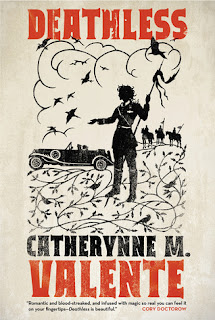Hard to Be a God

Hard to Be a God, by Arkady and Boris Strugatsky (1964) I need to write a bunch of posts for Vintage Sci-Fi Month before it's over, but really I am mostly watching politics and I am not happy, friends. I'm not sure what to say, either, so for the moment I'll just talk about Soviet SF, OK? Hard to Be a God is a fairly early Strugatsky novel, from before their total disillusionment with the Soviet system, but it has some foreboding themes. It actually started off as a fun, swashbuckling project that was going to be like the Three Musketeers , but it turned much, much darker as the writing progressed. So: Twenty minutes into the future, Anton is an Earth agent stationed on a different planet at a somewhat medieval level of development. Living as Don Rumata in the kingdom of Arkanar, it's his job to observe, by recording history for observers at home, and to quietly influence without actually interfering. He is a great swordsman but may never kill. Arkanar, h


















